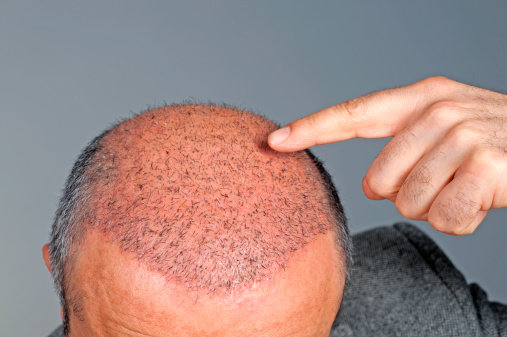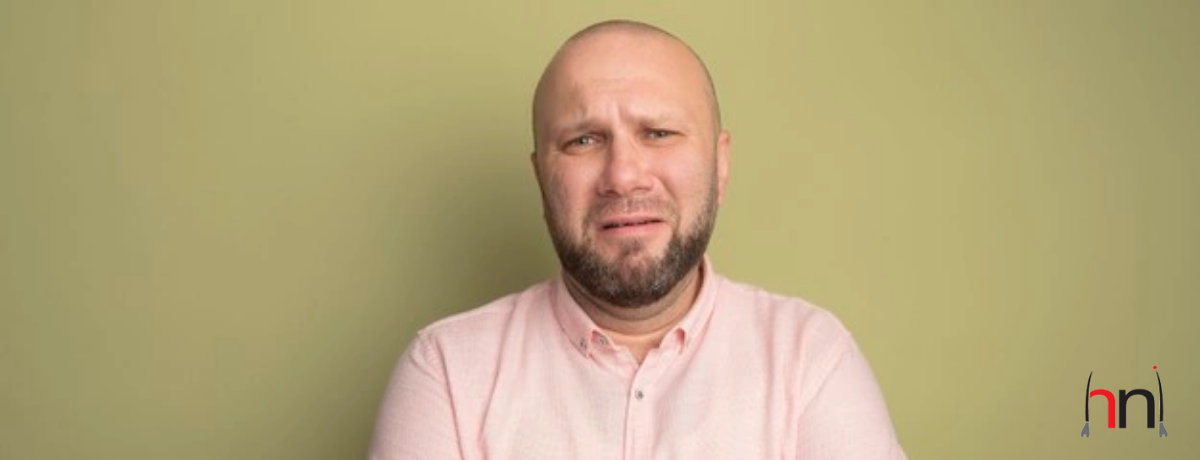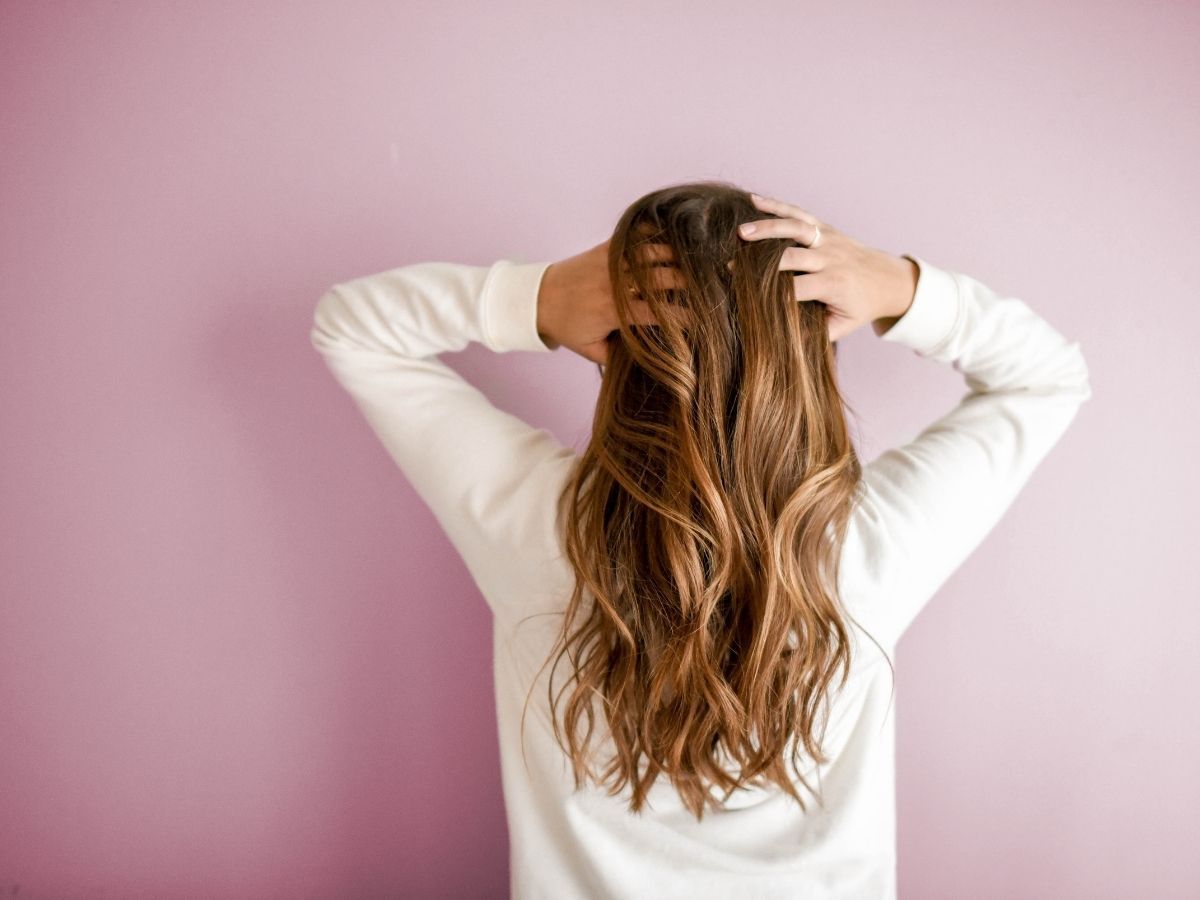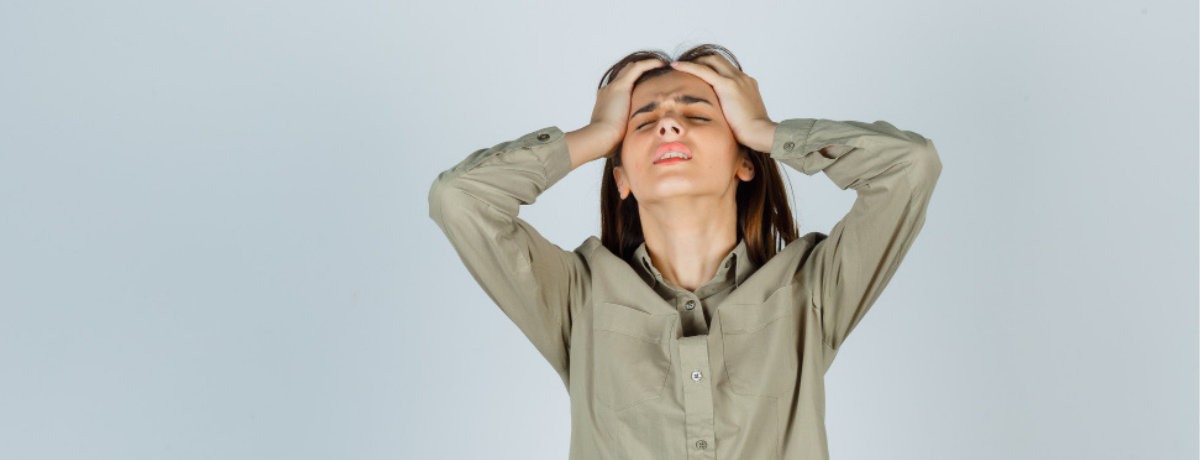Hair transplantation is a complex procedure. Hence, some people, before undergoing a hair transplant, are worried about its results. Advanced techniques, on the other hand, ensure that hair transplants in Surat, India, have a better success rate and more satisfactory outcomes.
This article will discuss what to expect from hair transplantation, the complications, and some common myths regarding the procedure.
Regrowth of hair after hair transplantation
After two to three months, new hair will begin to grow from the repositioned follicles. The patient's hair will continue to thicken and grow normally over the next six to nine months.
What happens to natural hair after a hair transplant?
Hair loss after a hair transplant is often mistaken as a negative experience. It is not the fact, though. Contrary to common opinion, hair transplants do not harm the natural hair all over the scalp. Just a tiny portion of the actual hair at the transplant site will be affected temporarily.
In the FUE technique, a hair transplant doctor in Surat extracts hair follicles from the donor site on the scalp and implants them into the balding area of the scalp.
Hair that has been inserted around the recipient site will fall out over time. Hair loss in the recipient area is a common and temporary side effect. It happens due to the entrance of transplanted hair into sleep mode or less blood supply to the scalp. The hair will regrow after a few months.
The only thing you need to be concerned with is ensuring that the grafts are correctly placed and remain in place. It is essential to keep in mind that only completely developed hair strands come out of the follicles. If the roots are intact inside the follicle, the hair will regrow in the future.
Hence, the answer to your question, “Does hair fall after a hair transplant?” is yes, but only temporarily.
What damages the hair follicles?

After a transplant, hair thinning or even short-term hair loss is expected. However, long-term hair damage is possible. Long-term hair loss indicates that the surgery was not executed correctly. The procedure’s failure may be due to a variety of factors, including:
1. Surgeon’s lack of experience:
Since hair transplant is a complex process, it requires surgical expertise. The outcome will be affected if a doctor has never done the procedure before.
After the procedure, there will be no hair development at the transplant site. However, long-term hair thinning, hair loss, and scarring are possible side effects that can last a lifetime.
It will help if you do homework before making an appointment with one of the best hair transplant clinic in Surat. Examine the qualification, experience, and clinical competence of the hair transplant surgeon.
It is crucial, and you cannot afford to overlook it. The patient’s chance of complications is increased due to the surgeon’s lack of experience. As a result, be cautious when selecting a hair transplant surgeon in Surat.
2. Damaged transplanted hair follicles:
Aftercare is more critical in the case of a hair transplant. If the surgeon does not provide proper aftercare, it may harm the grafts. It increases the risk of complications and inhibits adequate hair regrowth in the recipient area of the scalp.
3. Reaction to the medications:
Another issue that may arise following a hair transplant is an abnormal response to the prescribed medicines. If you have trouble managing hair loss following the transplant, visit your treating surgeon as soon as possible before things worsen.
Hence, it is better to choose an experienced and skilled hair transplant surgeon to minimize any risks or unwanted side effects.







